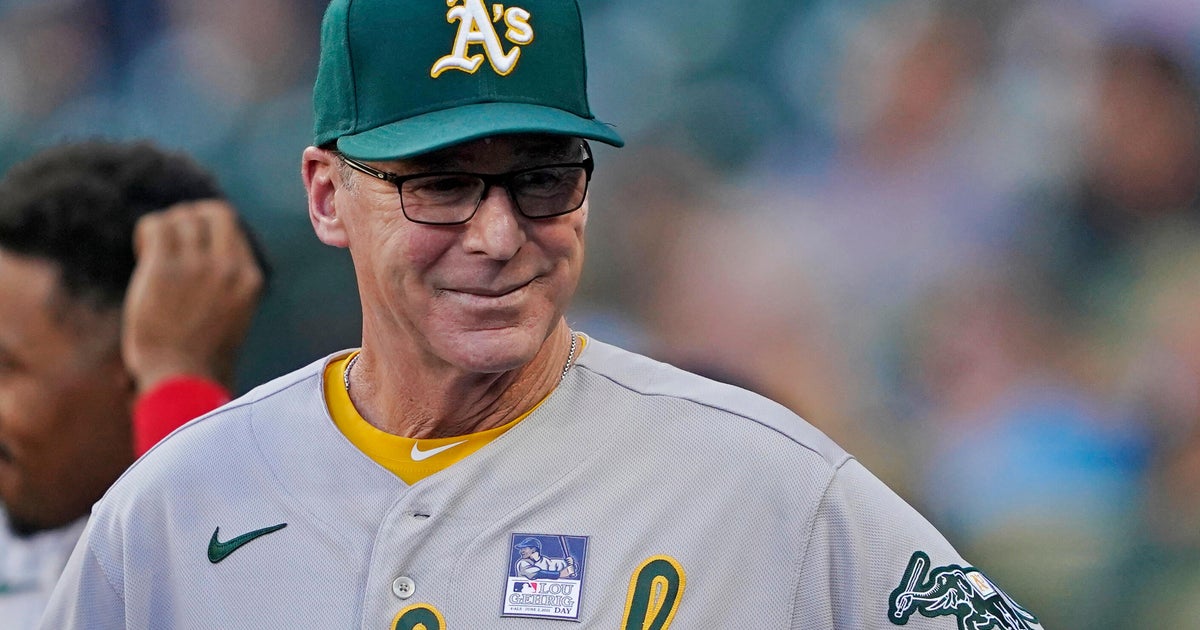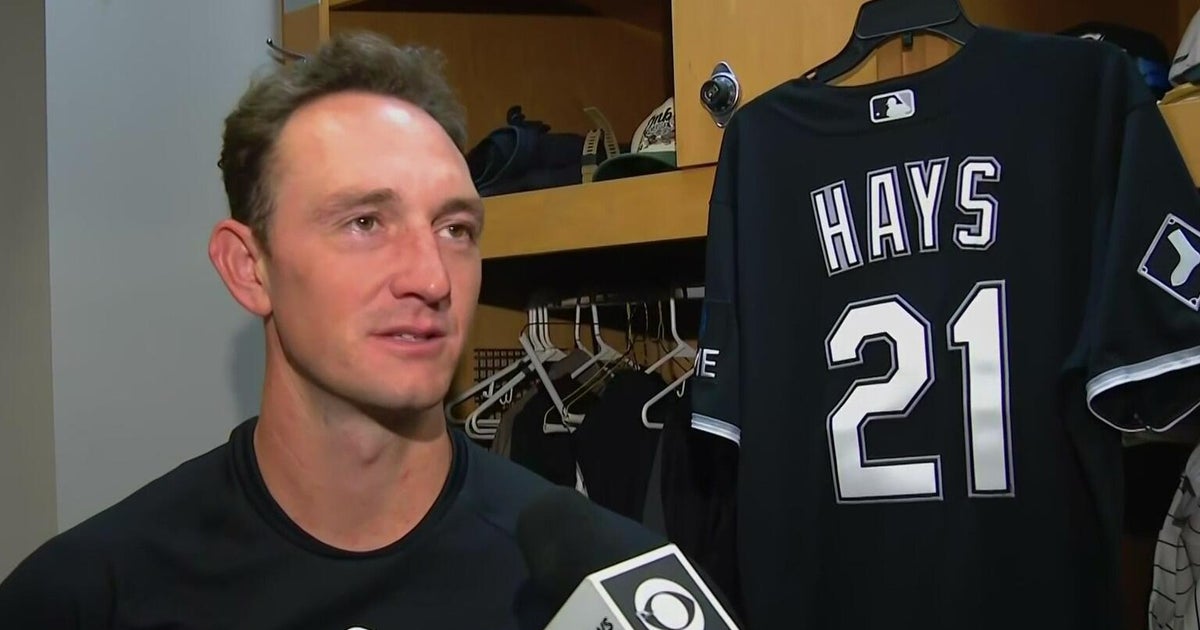World Baseball Classic offers alternate perspective on MLB's new pitch clock rules
BOSTON -- If you've watched any spring training games this year, then you've likely noticed -- and enjoyed -- the crisp pace of play under the new pitch clock rules. Baseball, a sport almost built on downtime, is now moving again. It's great.
Yet if you spent any time watching the World Baseball Classic over the past several weeks, you no doubt noticed a massive difference in the pace of play. The WBC didn't use MLB's pitch clock and defensive shift rules, and while the latter didn't impact the viewing experience all that much, the former certainly did.
Tuesday night's championship game between the United States and Japan took three hours and 18 minutes to complete. A night earlier, the Mexico-Japan semifinal took 3:36. Sunday's night's semifinal matchup between the U.S. and Cuba took 3:28. The Americans' previous game vs. Venezuela took 3:46. The games were marked by long gaps between pitches, batters stepping out, pitchers stepping off the rubber, and teams that naturally weren't rushing to get through the game.
In other words, the games played out kind of like postseason baseball has been playing out for quite some time. And the end result was still a wholly captivating product, considering the stakes at play.
On the flip side, watching any MLB spring training games that were taking place during this tournament almost looked like a different sport. Games have averaged a tick over two and a half hours in spring training this season, and just about everybody is happy with that. Understandably so. While some baseball fans may harbor some doubts about the actual significance of the WBC, there's no question that the tournament holds more significance than spring training games. Because spring training games hold no significance.
The juxtaposition of the two experiences raises an interesting question regarding MLB's new rules. Namely ... will the pitch clock be good for the game in October?
Which then poses the question: Should the pitch clock exist for postseason baseball?
It's something that Rob Manfred, Theo Epstein and Co. might want to ponder after witnessing a World Baseball Classic that had few issues on the entertainment front despite a comparatively lethargic pace of play.
Leaving MLB's postseason aside, the pitch clock has still yet to exist for the regular season. And that alone will draw a lot more scrutiny than the spring games. If a Red Sox-Braves or Blue Jays-Rays spring game ends with a batter being automatically called out on strikes for not being fully read to face a pitcher (who, by the way, wasn't fully ready either), it's looked at as an oddity. Curious. Strange. But ultimately harmless, because this is spring training.
If -- or when -- that happens in April? It's sure to be a bigger issue. And if it were to happen in October? It would be devastating. For the offending team, for the benefitting team, and for the sport, it would be devastating.
That's not to say the pitch clock is a bad idea. Nobody enjoys watching pitchers throw endless "pickoff attempts" to buy time for a reliever. Nobody enjoys watching pitchers hold the ball for an eternity. Nobody enjoys a six-minute at-bat without a ball entering the field of play. The pitch clock is good, and should save baseball fans hours upon hours of watching the equivalent of dead air throughout the season.
It just ... might not be needed come October.
While all of the aforementioned downtime makes for a rough viewing product on a Saturday afternoon in August during a 9-1 game, it oddly kind of works as a drama-builder during the postseason. With each pitch, each foul ball, each step-off, tension builds like a locomotive picking up speed. When that tension snaps, and the 40,000 fans in attendance erupt, there's just nothing like it in sports. It's a unique aspect of baseball, and watching these late-stage WBC games was a reminder of just how tremendous that experience can be.
When Mike Trout faced Shohei Ohtani with two outs in the ninth inning, did you notice how many seconds passed between pitches? Did you care? If anything, the focused stares, the deep breaths, and the building tension only made for a more exciting product.
If an at-bat like that one lasted a minute or two longer than it would have with the pitch clock, we can probably handle it.
Manfred has said that the competition committee will be announcing some minor "common sense" tweaks to the pitch clock rules in the coming days, and that the league will wait for some regular-season games to be played before making further changes. The league may want to rewatch the WBC semis and finals and witness all the captivating, heart-pounding drama that was involved. We certainly appreciate shorter spring training games, and we'll likely learn to enjoy a crisp regular season. In October though, with everything on the line, we may not mind watching high-stakes baseball a little longer.
You can email Michael Hurley or find him on Twitter @michaelFhurley.







